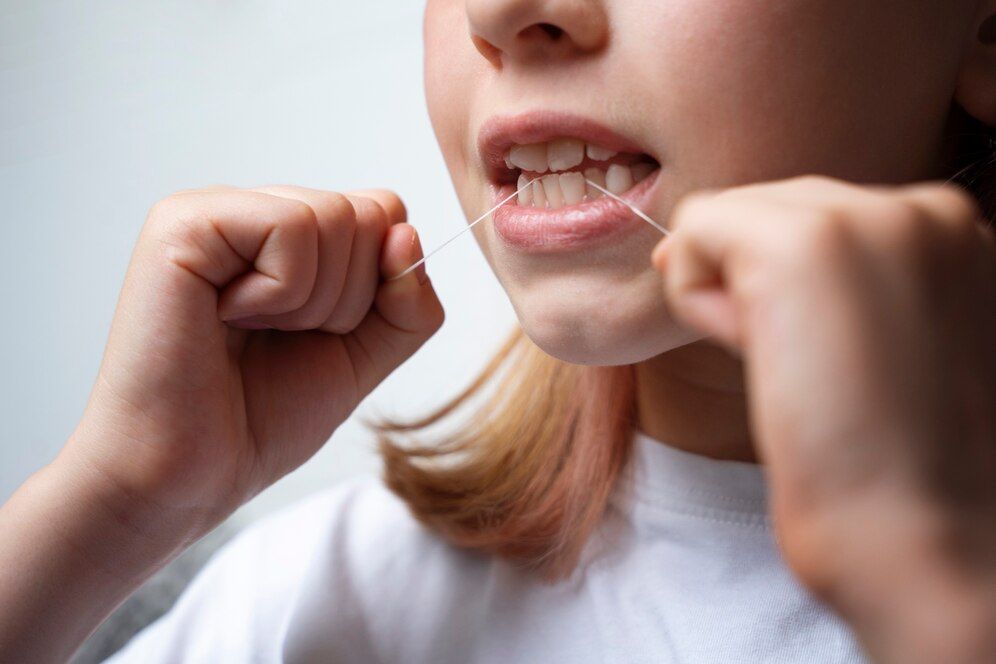Overcoming Teeth Grinding: Intervention and Treatment for Better Sleep

Teeth grinding, also known as bruxism, is a prevalent oral condition characterized by involuntary clenching and grinding of the teeth, typically during sleep. While occasional teeth grinding may not pose significant health concerns, persistent bruxism can lead to dental complications such as tooth erosion, jaw pain, temporomandibular joint disorders, and even disrupted sleep. As an essential component of overall health, sleep quality can significantly affect an individual's daily life, cognitive function, productivity, and emotional well-being.
Understanding the connection between teeth grinding and sleep quality can help individuals recognize the severity of the issue and seek timely intervention from Pennsylvania Dental Sleep Medicine. By addressing the underlying causes of bruxism and implementing tailored treatment strategies, dental sleep medicine professionals can help individuals reclaim their sleep quality and safeguard their oral health.
Several factors can contribute to teeth grinding, including stress, misaligned teeth, poor posture, alcohol and caffeine consumption, anxiety, and sleep apnea. Identifying the specific causes and devising effective intervention strategies tailored to individual needs is paramount for managing teeth grinding and improving sleep quality.
Recognizing the Signs of Teeth Grinding
Teeth grinding may go unnoticed, as it often occurs during sleep. However, being mindful of the following signs can help identify potential bruxism:
1. Morning headaches or jaw pain
2. Tooth sensitivity or damage
3. Facial muscle aches and stiffness
4. Disrupted sleep
5. Tired or tight jaw muscles
If any of these signs are present, it's essential to consult with a dental sleep medicine professional to determine the underlying cause and begin appropriate treatment.
Strategies for Managing Teeth Grinding and Improving Sleep Quality
There are several effective strategies to manage teeth grinding and improve sleep quality, with treatments tailored to individual needs and specific causes.
1. Bite Splints and Mouth Guards
Dental sleep medicine professionals routinely prescribe custom-fitted bite splints or mouth guards for treating teeth grinding. These appliances create a barrier between the upper and lower teeth, preventing tooth damage and alleviating pressure on the jaw joints while asleep.
2. Dental Correction
Misaligned teeth or an abnormal bite can contribute to grinding. In some cases, dental correction may be necessary to address teeth grinding at its root. Treatment may involve braces, occlusal adjustments, or reconstructive dental work, depending on the severity of the misalignment or malocclusion.
3. Stress Reduction and Relaxation Techniques
Stress and anxiety are common triggers for teeth grinding, so effective stress management is crucial for addressing bruxism. Incorporating relaxation techniques such as deep breathing exercises, meditation, yoga, or guided imagery in your daily routine can help relieve stress and promote relaxation before bedtime.
4. Improved Sleep Habits
Better sleep hygiene can lead to improved sleep quality and reduced teeth grinding. Adopting healthy sleep habits includes maintaining consistent sleep schedules, creating a relaxing bedtime routine, ensuring a comfortable sleep environment, and reducing exposure to electronic devices before bedtime.
5. Sleep Apnea Treatment
In some cases, teeth grinding may be linked to sleep apnea. If the dental sleep medicine professional identifies sleep apnea as a contributing factor, treatments such as oral appliance therapy, Continuous Positive Airway Pressure (CPAP) therapy, or positional therapy may be recommended.
6. Behavioral Therapies
For some individuals, teeth grinding may be habit-related. Habit reversal techniques and various behavioral therapies can help patients become more aware of their grinding tendencies and learn to replace the grinding behavior with a more constructive action.
7. Medications
While medications are not routinely prescribed for teeth grinding, certain cases might require temporary intervention with muscle relaxants or anxiety medications. However, a healthcare professional should closely monitor and prescribe any medication-based treatments.
Regular Dental Check-ups: An Essential Step in Managing Teeth Grinding
Regular dental check-ups play a critical role in diagnosing and managing teeth grinding. Dental professionals assess the teeth, gums, and soft tissues during these visits for signs of bruxism and other dental issues. Periodic dental assessments are essential to ensure that teeth grinding is managed effectively and to avoid potential complications.
The Importance of a Personalized Treatment Approach
Each teeth grinding case is unique, meaning one-size-fits-all solutions are rarely effective. A personalized treatment approach tailored to the individual's needs and specific grinding causes is essential for addressing teeth grinding and improving sleep quality. Pennsylvania Dental Sleep Medicine is committed to providing the highest standard of personalized care for patients experiencing teeth grinding and sleep disturbances.
Regaining Control Over Teeth Grinding and Sleep Quality
Teeth grinding can significantly impact sleep quality and overall health, leading to jaw pain, headaches, dental issues, and poor sleep. Individuals can take proactive steps to address bruxism and improve their sleep by understanding the connection between teeth grinding and sleep quality.
Pennsylvania Dental Sleep Medicine is dedicated to providing doctor advice and personalized treatment strategies for those struggling with teeth grinding. By collaborating with patients and addressing the underlying causes of bruxism, dental sleep medicine professionals can help restore healthy sleep patterns and improve overall well-being.
Embark on your journey to better sleep and improved oral health by scheduling a consultation with our dental sleep medicine doctors. Let's work together to manage
teeth grinding and its impact on your sleep and daily life.


